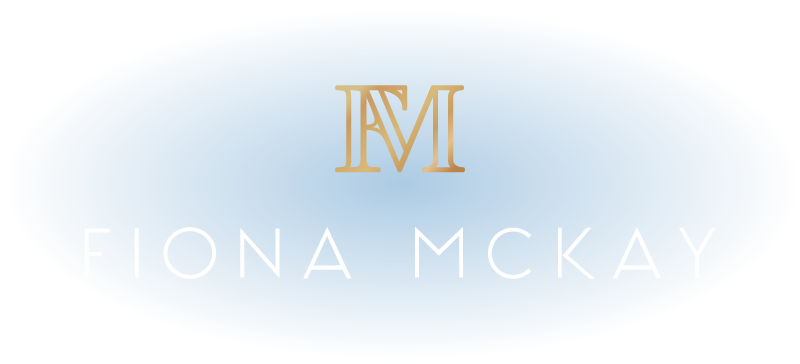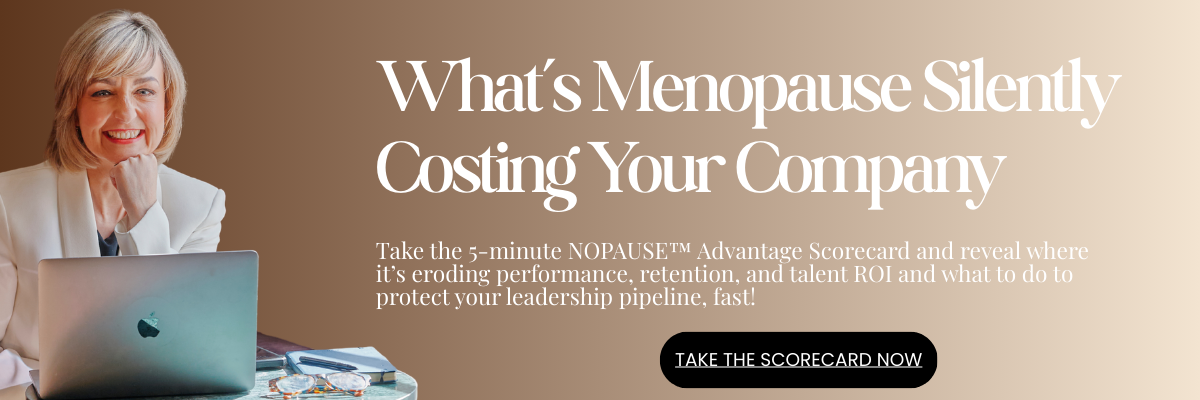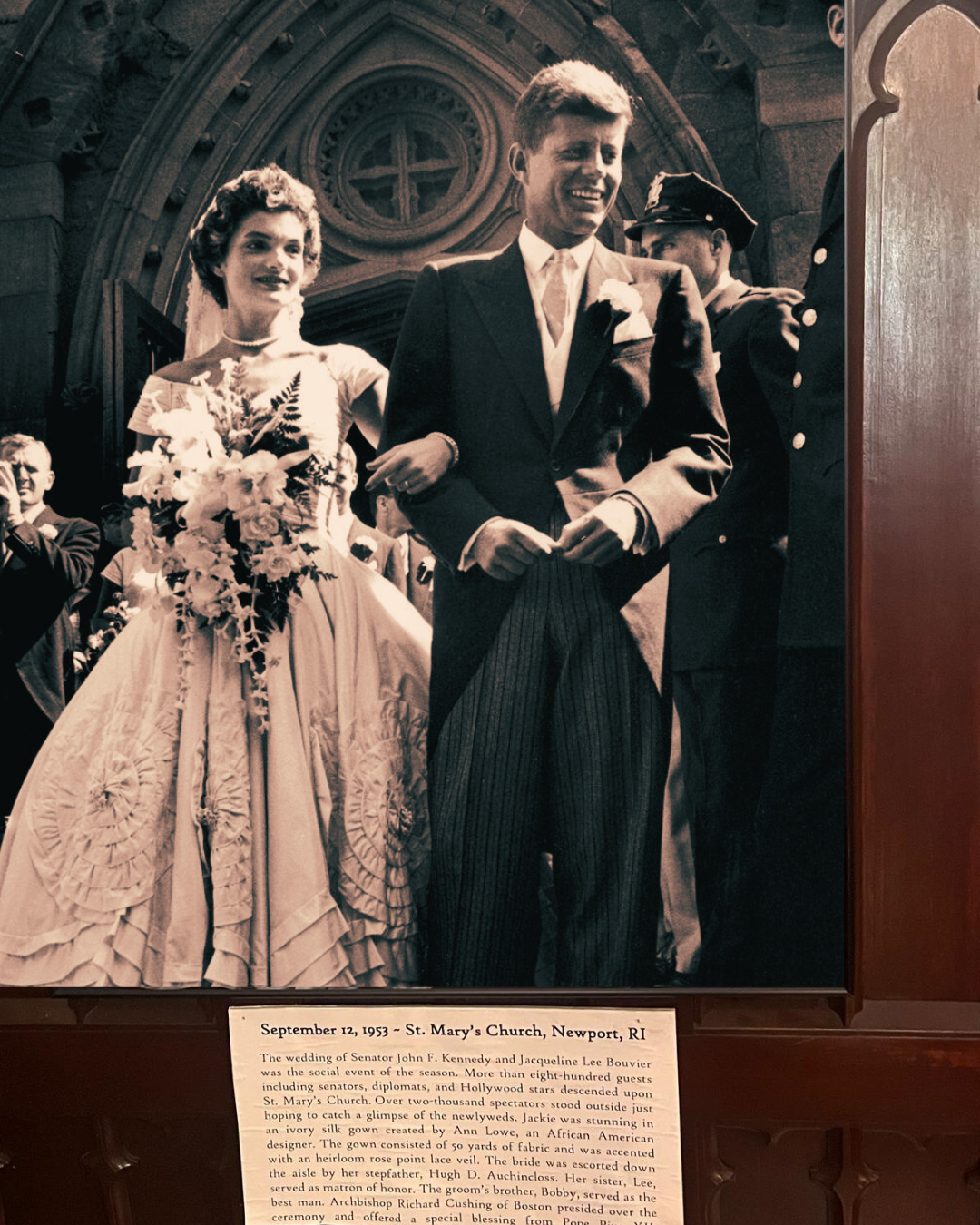Menopause Influencer Fiona McKay: Rhode Island Just Did What No US State Has Done Before And It Changes the Game for Menopause at Work
Fiona McKay speaking on menopause at work — translating clinical clarity into boardroom strategy.
When I first read the headline, Rhode Island becomes the first state to require workplace accommodations for menopause, I felt that familiar, low-grade mixture of relief and vindication that comes when a common-sense change finally shows up in law. Relief, because for too long the workplace has treated menopause at work like an awkward footnote. Vindication, because the cost of ignoring it has been quietly devastating for elite women leaders and the companies that depend on them.
If you know me, you know I’ve spent the last few years trying to translate clinical noise into workplace strategy. I show up as a menopause influencer and a professional menopause coach to bridge that gap — because the career costs are real: decision speed, risk appetite, promotability and profit are all at stake.
Why this matters for women leaders and why you should care
This is not “HR fluff”. This is strategic talent protection. Rhode Island’s law requires employers to provide reasonable accommodations for menopause, including managing vasomotor symptoms and related impacts, and that changes the playing field for women leaders who need predictable, confidential support to stay at their peak.
What changes for you:
You can ask for accommodations using the language of reasonable adjustment — that’s the language that boards and HR respond to. Law & the Workplace has a useful explainer on likely reasonable accommodations.
You can frame requests in business terms: “I need a decision window restored” or “I need adjusted travel for 3 months” — not confessional explanations.
You can use a diagnostic to make the problem tangible and irrefutable to decision-makers. I built the NOPAUSE Workplace Scorecard for exactly this reason — to reveal where menopause is costing pipeline, performance and profitability with personalised precision scores (so your ask becomes a board-level data point, not an opinion).
I’m speaking across the US this October and here’s what I’ll be saying
Menopause Awareness Month this October is a perfect moment for organisations to stop guessing and start diagnosing. I’ll be on stages across the US and several corporate forums delivering the commercial argument: menopause at work is a talent and value-creation issue, not a private health problem. If you’re organising an event and want a menopause keynote speaker who’s equal parts clinical commercial clarity and business growth impact, check my speaking page.
Tactical steps that any senior woman leader can do this this week
Document an example where symptom-related friction changed a clear outcome (decision postponed, travel declined, meeting deferred). Boards listen to data.
Book the diagnostic. Take the C-Suite NOPAUSE™ Scorecard so you have personalised precision scores to reveal your hidden menopause risks
If you want one meeting that changes outcomes, invite me in to run a 30-minute executive briefing for your CHRO and CEO
Why the Scorecard matters: it’s the difference between “I feel off” and “I have a 63/100 executive resilience score; here’s where to fix it in 60 days.” That’s what moves budgets and keeps women promotable.
What employers should be doing now
Start with diagnosis. Don’t guess. Use the workplace diagnostic to map the pipeline risk and hidden P&L leak.
Put menopause into governance. Add it to succession plans and talent reviews. If you don’t, you’ll lose leaders to attrition that looks like “life changes” but is really avoidable.
Make accommodations predictable, confidential and outcome-linked. Low cost; high retention.
Quick checklist
Have I documented one business impact caused by menopause? (Yes / No)
Have I taken a diagnostic that gives me a personalised precision score? (Yes / No)
Have I briefed my CHRO with a business-framed accommodation ask? (Yes / No)
Why Rhode Island felt personally meaningful
We launched The Menopause Maze in New York last year, and while I was there, I visited Newport in Rhode Island. The coastline, the history, the towns and the incredible welcome. I even stood in the church where JFK married Jackie Kennedy. It felt fitting that a place with such history is now making meaningful history for working women.
If you’re a CHRO, a CEO or a senior woman ready to stop guessing, let’s make your career move actionable so you can lead and live without limits. Book a one-page board brief or invite me to speak this October .
The Kennedy wedding at St. Mary’s, Rhode Island, a moment in history. Now history is made again as Rhode Island becomes the first state to protect menopause at work



